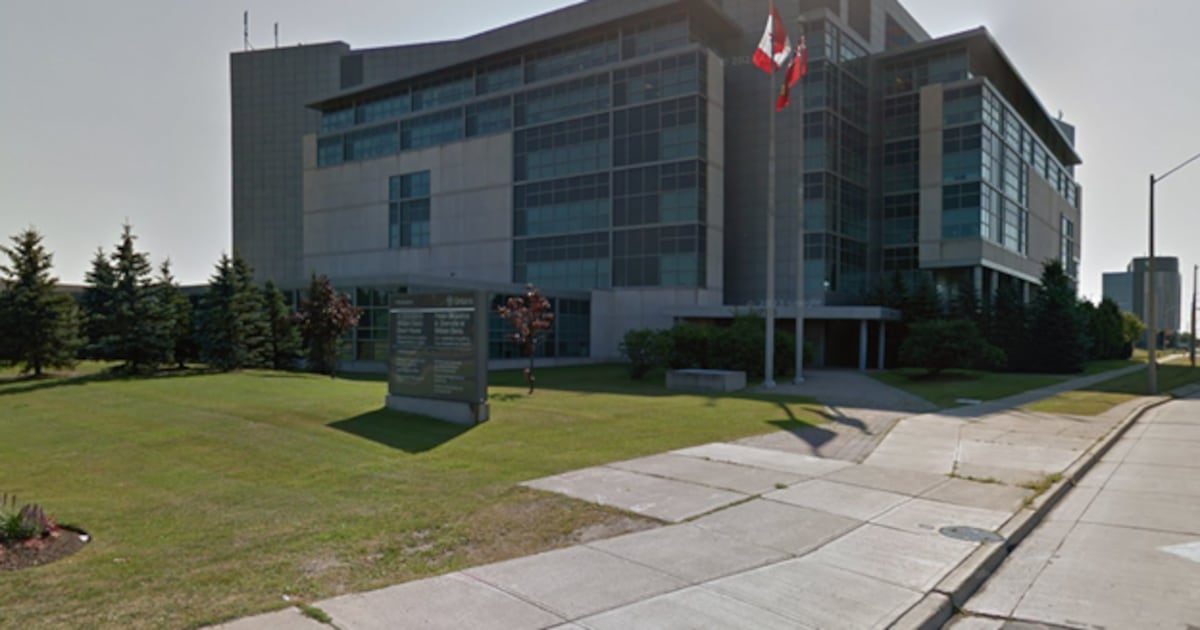The decision of a Brampton judge not to hand down the required four-month jail sentence to a man who had been convicted of his fifth impaired driving offence was “an affront to the administration of justice,” a superior court judge wrote in her decision overturning the ruling.
In a written decision released last month, Superior Court Justice Jennifer Woollcombe said there was “no legal basis’ for the lower court judge to impose a conditional sentence to Joseph LeClaire, who had pleaded guilty to his fifth impaired driving offence.
“(The judge) fully appreciated what the law required her to do and deliberately refused to apply the law. I view it as an affront to the administration of justice for a judge to choose to knowingly disregard and decline to follow the law that must be applied,” Woollcombe wrote.
“The sentence Her Honour imposed must be set aside and a sentence of four months jail imposed.”
According to the facts previously submitted to the court, LeClaire was driving the wrong way on Winston Churchill Boulevard in Mississauga on the night of Nov. 27, 2020.
It was reported that LeClaire was driving a Toyota RAV4 with only the rims on the front passenger side of the vehicle. Sparks were sent from the damaged wheel rim as he swerved into the opposite lanes of traffic, the court documents state.
The vehicle was found abandoned but LeClaire was subsequently identified as the driver. When he was located by police, the documents state, he was “unsteady on his feet and was slurring his words.” He advised officers that he had a fentanyl patch on his abdomen for back pain and police later discovered a pink powdered substance inside a small baggie that was later identified as fentanyl.
According to information presented to the court, LeClaire’s blood contained 38 nanograms of fentanyl and 131 nanograms of etizolam.
The vehicle he was driving belonged to his wife, the documents state, and he had taken it without her consent after finding the key she had hidden. He was under a two-year driving prohibition imposed after his most recent impaired driving conviction in April 2019.
He later pleaded guilty to impaired operation of a conveyance and driving while disqualified.
In an exchange between the lower court judge and the Crown during the sentencing hearing in March, the judge asks the Crown what they would do if she imposed a four-month conditional sentence instead of the mandatory custodial sentence.
“That is not permitted by statute,” the Crown prosecutor responded.
“I know, but what if I do,” the judge asked.
The prosecutor then said that they would have to “seek advice” from management.
The Crown had indicated that if sentenced to jail, LeClaire would serve his time in the infirmary at Maplehurst Correctional Complex in Milton, where he would have a single cell and there would be personal support workers available 24 hours a day.
The defence had argued that given his medical problems and the progress he had made with his addiction issues, house arrest would be a more appropriate sentence, a request the lower court judge granted.
The Crown appealed the sentence and the appeal was heard on July 10.
The appellate judge said the Crown’s submission for a four-month jail sentence was “extremely lenient” given the circumstances, noting that it was the “minimum sentence that was legally available.”
Woollcombe noted that he avoided jail time on his third offence in 2005 and was sentenced to a 45-day intermittent sentence for his fourth offence only 19 months before the latest one.
“This was an extremely serious offence,” she wrote of the 2020 incident.
“It was the fifth time he was caught putting innocent members of the community at risk. Further aggravating the circumstances of this impaired driving is the fact that the offender was under a driving prohibition. In all the circumstances, the sentence sought by the Crown both in March 2025 and on appeal is quite low.”
The judge said that while she understands the reasons LeClaire wants to avoid jail time, 120 days of jail is “necessary and appropriate in all of the circumstances.”
Woollcombe gave LeClaire 48 hours from the time of the release of the decision on July 15 to surrender into custody.

